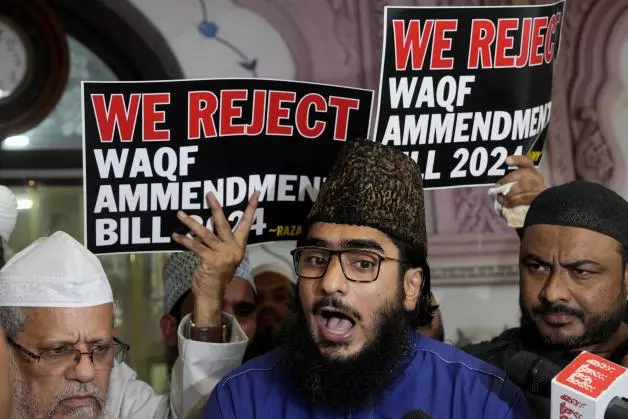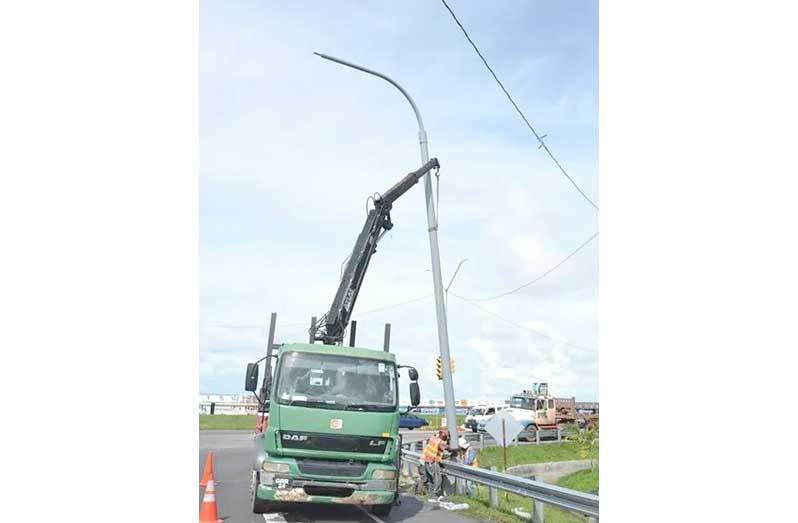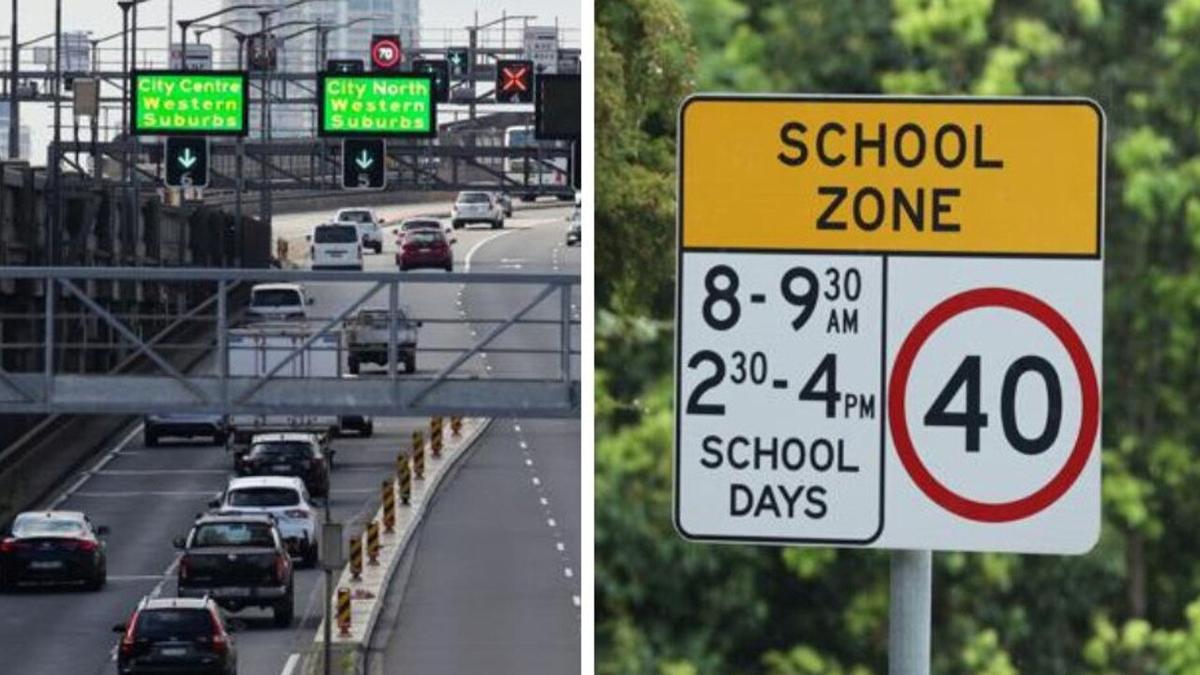By Shikha Mukerjee
Copyright deccanchronicle

When legislation has undergone the due process of being considered by both Houses of Parliament, as well as a standing committee, and then the judiciary finds fault, as with the Waqf Amendment Act 2025, there can be only two reasons: incompetence or deliberate mischief. In this process, the legislature is as much to be blamed as the executive, meaning the government headed by Prime Minister Narendra Modi.The process of making news laws or amending old ones begins from the moment the government decides that new laws or amendments are necessary. The necessity in the case of the Waqf Amendment Act and the Mussalman Waqf (Repeal) Bill of 2024 was to bring about, as the Union home minister said, accountability, transparency and equity, “end the era of injustice and corruption”, prevent land grab, ensure that “conversion cannot be done for greed, temptation and fear”. Calling it a historic day, the Narendra Modi government said it was a “positive social reform,” road to “inclusive development” and ending land grab through illegal sales of Waqf properties or cheap leases that deprived beneficiaries, especially vulnerable women and children.The law’s aim was to make things better; the manner in which important sections of the law was made was found by the Supreme Court to be “prima facie arbitrary”, as well as “totally unconstitutional”, and Chief Justice B.R. Gavai, as reported, termed the entire process of depriving Waqfs of their status and valuable properties “unilateral”. The process, the ruling held, revealed the lack of judicial application of mind, amounted to an encroachment into the courts’ domain and a violation of the doctrine of separation of powers, which is part of the basic structure of the Constitution.The amended law was to prevent land grab and fraudulent transactions; as the Supreme Court understood it, the new law empowered district officials to take over contested Waqf properties and order Waqf Boards to strike these properties off their register, in other words, remove all traces of the properties as Waqf. The Waqf Amendment Act 2025 will, therefore, stand out as a landmark of the “totally unconstitutional”, “prima facie arbitrary” and “unilateral” exercise of power.On a scale of the mistakes by the Modi government in law-making, the Waqf Amendment Act will be among the worst; the Prevention of Money Laundering Act used by the Enforcement Directorate to hold suspects in prolonged custody was also found by the Supreme Court to be contrary to the principle, that “bail is the rule, and jail is the exception”, saying stringent provisions “cannot be a tool which can be used to incarcerate the accused without trial for an unreasonably long time”.There is, however, a contradiction in what the Supreme Court upholds as settled principles of law; in the case of Umar Khalid, incarcerated for nine years, the apex court has not held that “bail is the rule, and jail is the exception”, in an instance of incarceration for an unreasonably long time. While the apex court is entirely responsible about deciding what is an unreasonably long time, there are sections of informed public opinion that thinks differently. In other words, the judiciary takes different decisions on the same problem: on granting bail, as the norm.It is exasperating public money is spent wastefully in making laws, engaging in litigation and then making changes to the law, when the Supreme Court strikes down a law or a rule. It gets worse when the Supreme Court criticises a government for its actions, and then the government continues to carry out the same actions, as has happened multiple times since the use of bulldozers was found “totally unconstitutional for more than one reason”.Oddly enough, the reason is common for parts of the Waqf Amendment Act related to the takeover of property and the bulldozer justice, against which the Supreme Court delivered its stinging indictment; the encroachment by executive power to a process that “is the fundamental aspect of judicial review”, as it violates the principle of due process. These transgressions have happened in other instances as well; in the case of the power of the elected government of Delhi to control the national capital’s civil servants and day-to-day administration. To circumvent the judicial hurdle, which is what judgments of the Supreme Court have been reduced to in recent years, the Modi government brought in a new law in 2023, National Capital Territory of Delhi (Amendment) Act, under which a new body, the National Capital Service Authority, was established, which bypassed the Delhi government and brought civil servants under the Union home ministry.When the lawmakers, armed with a majority in the legislature, begin to believe themselves to be superior, then the basics of parliamentary democracy are consigned to the garbage heap of history.The principle of separation of powers is nullified. The Supreme Court’s restraint, in concluding that it would not overstep its remit by…



